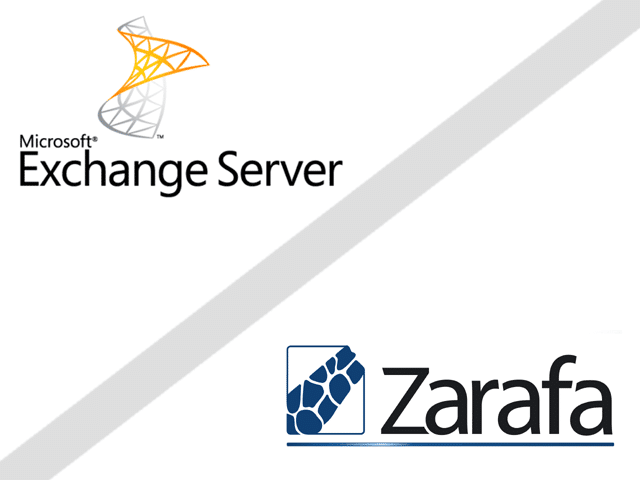Why Microsoft Exchange No Longer Has a Lock on Business Email

One interesting thing about Microsoft’s recent communications regarding its public beta of Office 2013 is that the emphasis has been entirely on the client-side and cloud-based aspects. To learn anything more about the new Microsoft Exchange server requires more digging. This is a sign of how Microsoft is shifting focus, and though it is keeping […]
What alternative email solution is better than Microsoft Exchange?
Microsoft Exchange and its associated Outlook client have been the face of enterprise communications for many years and are pretty much synonymous with the idea of work email. That does not mean, however, that there are not open source alternatives. There is a slate of clients/email servers that replicate the functions of Microsoft’s email solutions […]

